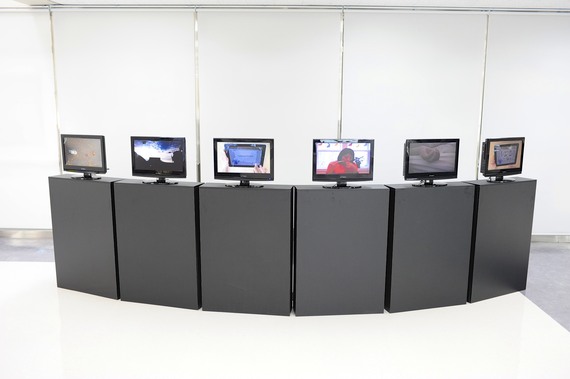
Singapore is recognized globally as a high-performing education system. The Global Search for Education contributor Dr. Pak Tee Ng has shared with us the technology plan that Singapore has been implementing in its education system since 1997, including the challenges with integration. Singapore’s innovative and impressive three step “Masterplan” initiative was completed last year.
What are the biggest mistakes teachers make when integrating technology into the classroom? We asked our Top 12 Global Teacher bloggers and our Blogger at Large, Beth Holland, to share their perspectives with us.
Pauline Hawkins (@PaulineDHawkins) warns that learning technology for technology’s sake is a waste of time and money. If technology is not helping students to understand larger concepts and move forward on their educational path, it’s useless. Read all about it.
Joe Bower (@joe_bower) thinks that too much technology teaching creates a “sit and get, spew-and-forget” model of teaching. If we aren’t careful, technology will create only passive learners. Read all about it.
Beth Holland (@brholland) thinks that too many teachers attempt to “fit” tech into their classroom, rather than using tech to enhance or support their learning. She recommends a series of word choices to help us rethink tech in the classroom. Read all about it.
Adam Steiner (@steineredtech) thinks that technology is being used too much for drill-and-kill test prep. The creative potential of students is not being tapped into enough, but technology, when used properly, can help to foster this. Read all about it.
Silvia Tolisano (@langwitches) thinks that too often tech is used as a reward instead of as a means of learning. Another mistake is that teachers try and substitute tech for other classroom tools, and end up wasting time in the process. Read all about it.
Craig Kemp (@mrkempnz) thinks that teachers make several critical mistakes with tech, including teaching new tech as a toy and using it to fill time. As an alternative, he advocates that we stress pedagogy over technology. Read all about it.
Vicki Davis (@coolcatteacher) says we need to program computers, not kids. Alternately, kids must be given the chance to creatively experiment, and teachers have to grant permission for this process to begin. Read all about it.
Richard Wells (@iPadWells) says the biggest mistake teachers make with tech is attempting to control tech and the classroom so much that the students aren’t allowed to shine. As an alternative, he advocates a more democratic and flexible form of student engagement with tech in the classroom. Read all about it.
Karen Lirenman (@KLirenman) cautions about using tech to make lessons “fun,” instead of for good and informative lessons. Another mistake is that teachers neglect the many ways tech can increase accessibility and support for struggling students. Read all about it.
Todd Finley (@finleyt) cautions that the teacher’s narcissism can get in the way of the creative potential of tech in the classroom. Instead of showing off “cool” uses of technology, the teacher should democratize the class culture, so that students get plenty of time to demonstrate their creative skills. Read all about it.
Tom Bennett (@tombennett71) takes issue with those who think tech in the classroom is a magic bullet that can solve the complex needs of an education. This can lead to a type of budgeting that overvalues new tech and undervalues good teachers. Read all about it.
Tom Bennett, Joe Bower, Susan Bowles, Lisa Currie, Vicki Davis, Todd Finley, Pauline Hawkins, Craig Kemp, Karen Lirenman, Adam Steiner, Silvia Tolisano, and Richard Wells are The Global Search for Education 2014 Top 12 Global Teacher Bloggers.
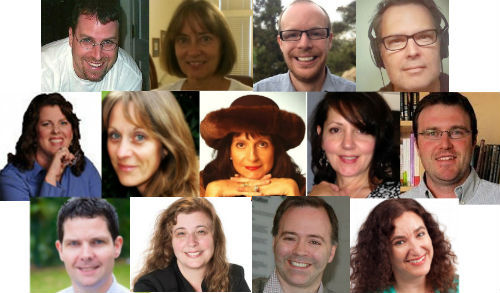
(Photo is courtesy of The Dwight School South Korea)
For more articles in Our Top 12 Global Teacher Blogs Series: Our Top 12 Global Teacher Blogs – The most significant classroom innovation in the next 10 years, Our Global Top 12 Teacher Blogs
Join me and globally renowned thought leaders including Sir Michael Barber (UK), Dr. Michael Block (U.S.), Dr. Leon Botstein (U.S.), Professor Clay Christensen (U.S.), Dr. Linda Darling-Hammond (U.S.), Dr. MadhavChavan (India), Professor Michael Fullan (Canada), Professor Howard Gardner (U.S.), Professor Andy Hargreaves (U.S.), Professor Yvonne Hellman (The Netherlands), Professor Kristin Helstad (Norway), Jean Hendrickson (U.S.), Professor Rose Hipkins (New Zealand), Professor Cornelia Hoogland (Canada), Honourable Jeff Johnson (Canada), Mme. Chantal Kaufmann (Belgium), Dr. EijaKauppinen (Finland), State Secretary TapioKosunen (Finland), Professor Dominique Lafontaine (Belgium), Professor Hugh Lauder (UK), Lord Ken Macdonald (UK), Professor Geoff Masters (Australia), Professor Barry McGaw (Australia), Shiv Nadar (India), Professor R. Natarajan (India), Dr. Pak Tee Ng (Singapore), Dr. Denise Pope (US), Sridhar Rajagopalan (India), Dr. Diane Ravitch (U.S.), Richard Wilson Riley (U.S.), Sir Ken Robinson (UK), Professor PasiSahlberg (Finland), Professor Manabu Sato (Japan), Andreas Schleicher (PISA, OECD), Dr. Anthony Seldon (UK), Dr. David Shaffer (U.S.), Dr. Kirsten Sivesind (Norway), Chancellor Stephen Spahn (U.S.), Yves Theze (LyceeFrancais U.S.), Professor Charles Ungerleider (Canada), Professor Tony Wagner (U.S.), Sir David Watson (UK), Professor Dylan Wiliam (UK), Dr. Mark Wormald (UK), Professor Theo Wubbels (The Netherlands), Professor Michael Young (UK), and Professor Minxuan Zhang (China) as they explore the big picture education questions that all nations face today.
The Global Search for Education Community Page
C. M. Rubin is the author of two widely read online series for which she received a 2011 Upton Sinclair award, “The Global Search for Education” and “How Will We Read?” She is also the author of three bestselling books, including The Real Alice in Wonderland, is the publisher of CMRubinWorld, and is a Disruptor Foundation Fellow.
Follow C. M. Rubin on Twitter: www.twitter.com/@cmrubinworld


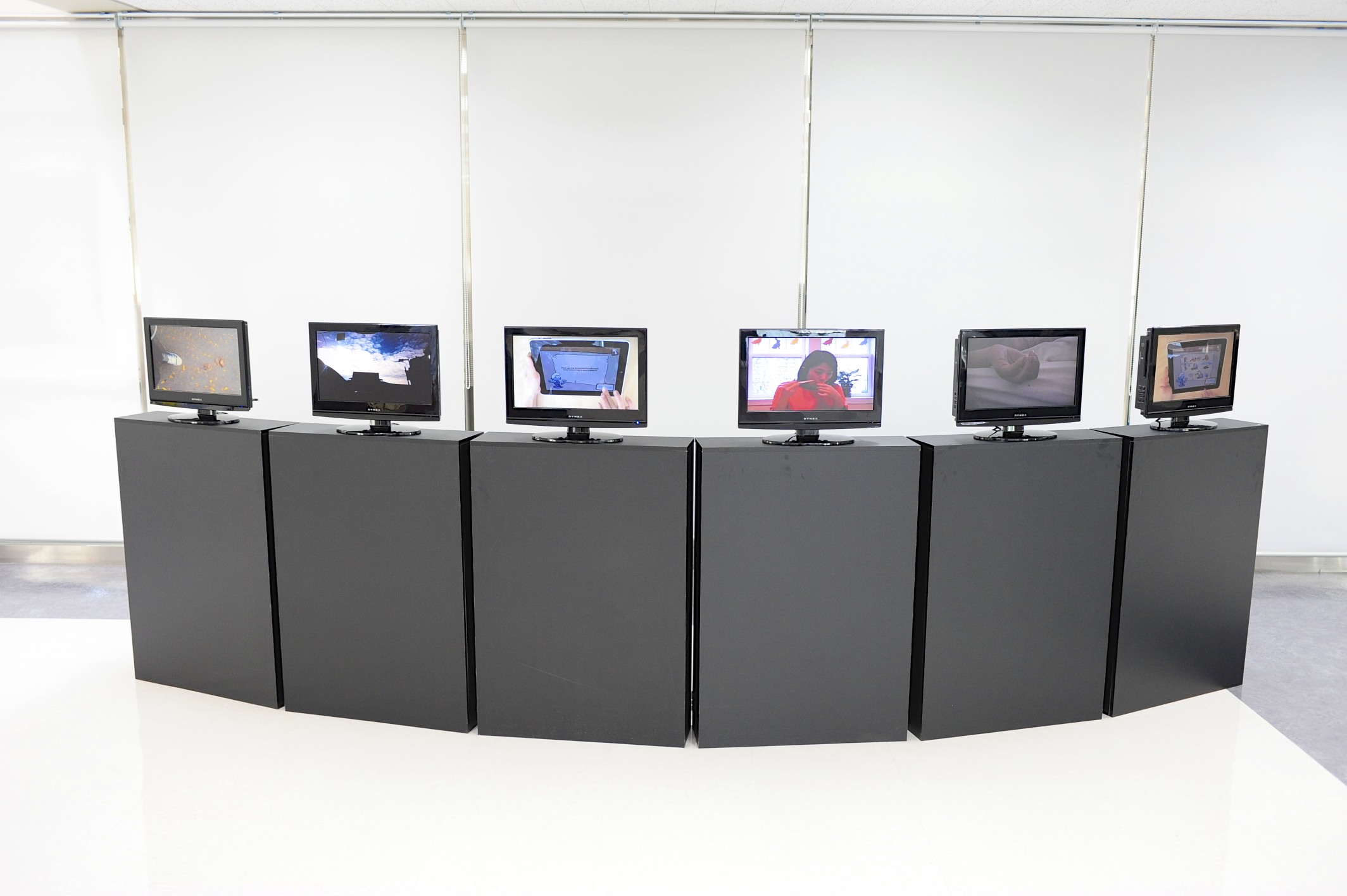
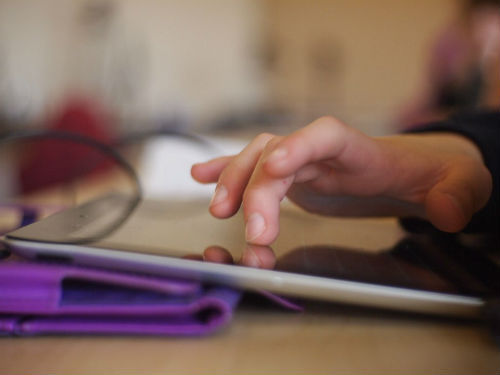
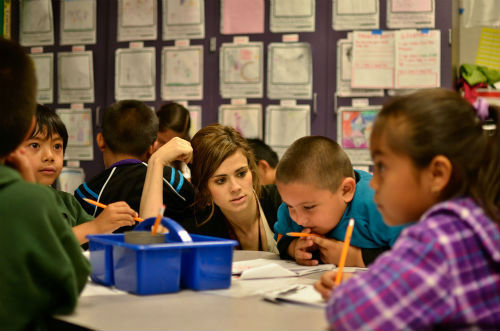

Recent Comments